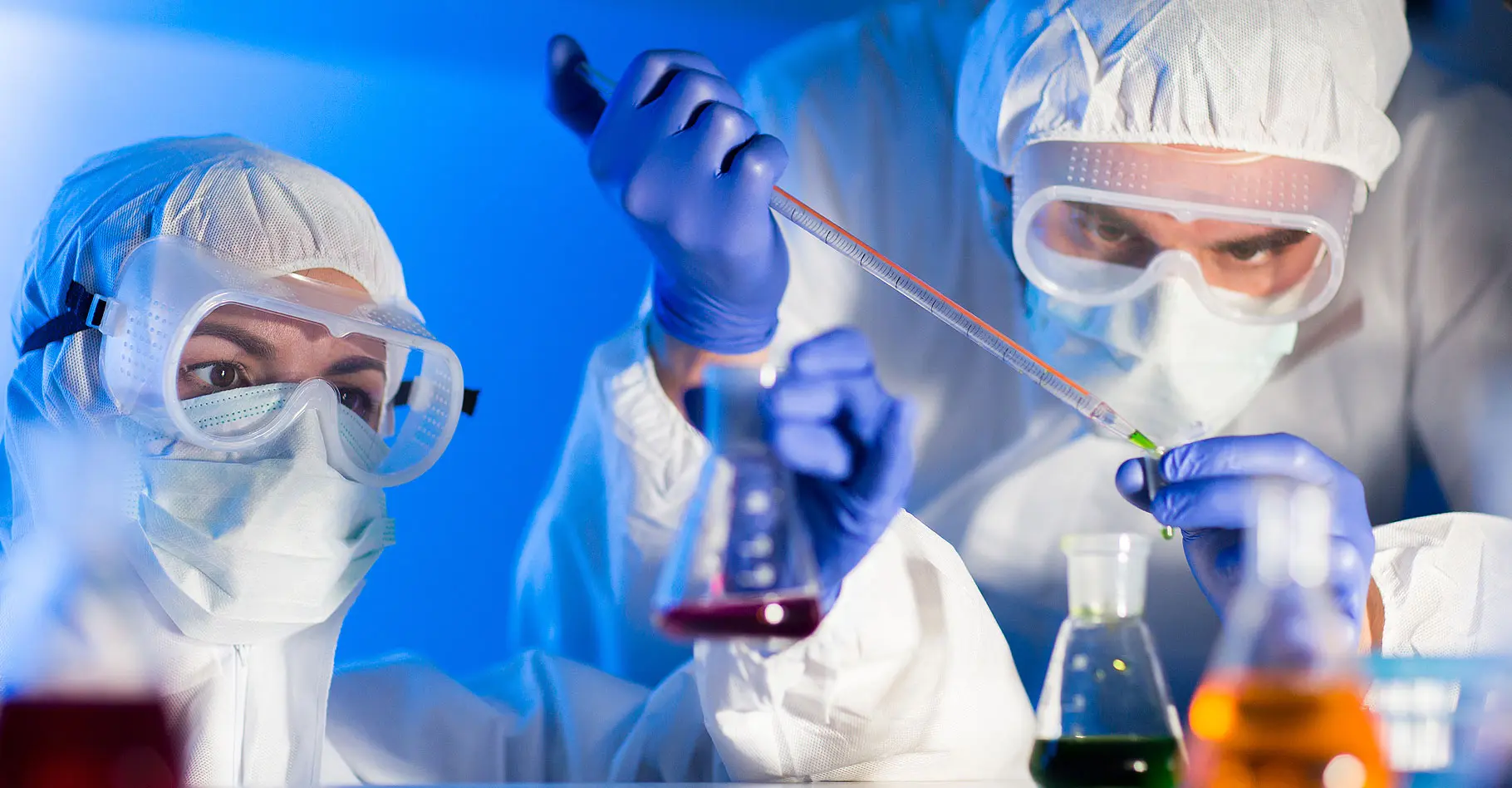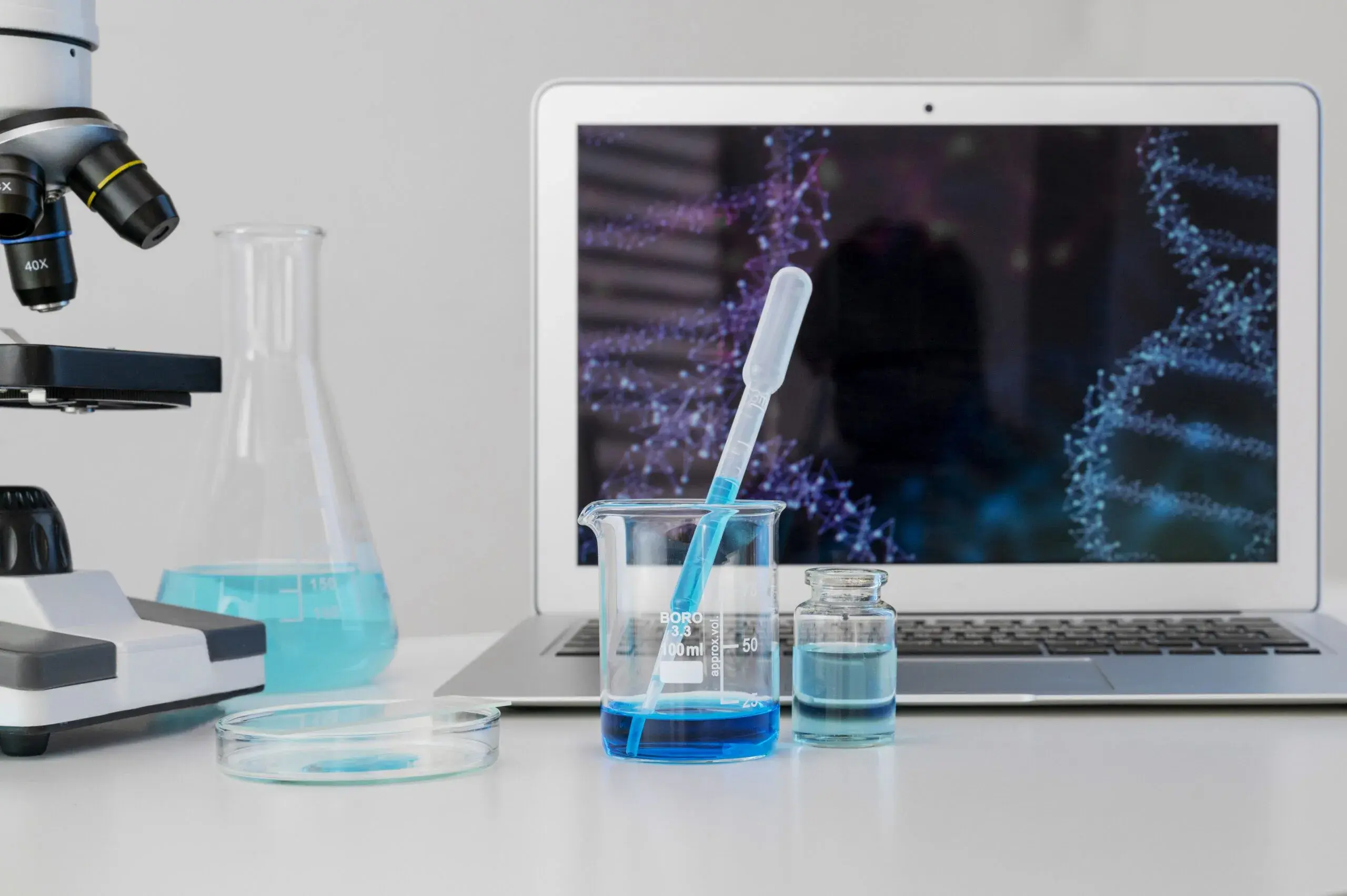The Impact of Cells on Biotechnology and Medicine
In addition to their role in fundamental biology, cells are central to the development of biotechnological innovations and therapeutic treatments. The ability to culture and manipulate cells in laboratories allows for the development of new drugs, vaccines, and therapeutic approaches.

1.Biomanufacturing and Cell-Based Therapies :
Many biotechnological products, such as monoclonal antibodies and vaccines, are produced using cultured cells. These products have revolutionized the treatment of various diseases, including cancer, autoimmune conditions, and infectious diseases. For example, COVID-19 vaccines were developed using cell-based systems to produce viral proteins needed for immune response activation.

2.Cell Therapy and Regenerative Medicine :
Beyond gene editing and stem cells, cell therapy involves using living cells to treat diseases. This includes the infusion of engineered cells that can replace damaged tissues or restore function to organs. For example, in bone marrow transplantation, stem cells are used to replace diseased or damaged blood cells, offering cures for certain blood cancers like leukemia.
The Future of Cellular Research
Advancements in cellular research and technology are driving us toward new horizons in medicine and biotechnology. As we learn more about the intricate workings of cells, we unlock new possibilities for disease prevention, treatment, and even prevention of aging. The future of healthcare will undoubtedly be shaped by how we continue to understand and manipulate cellular processes.
At NCFS, we emphasize the importance of supporting and promoting cellular research because it is the foundation of many of today’s most exciting scientific advances. Whether it’s the ability to engineer cells for gene therapy or the development of new regenerative treatments, understanding the role of cells in biology is key to solving some of the world’s most pressing health challenges.